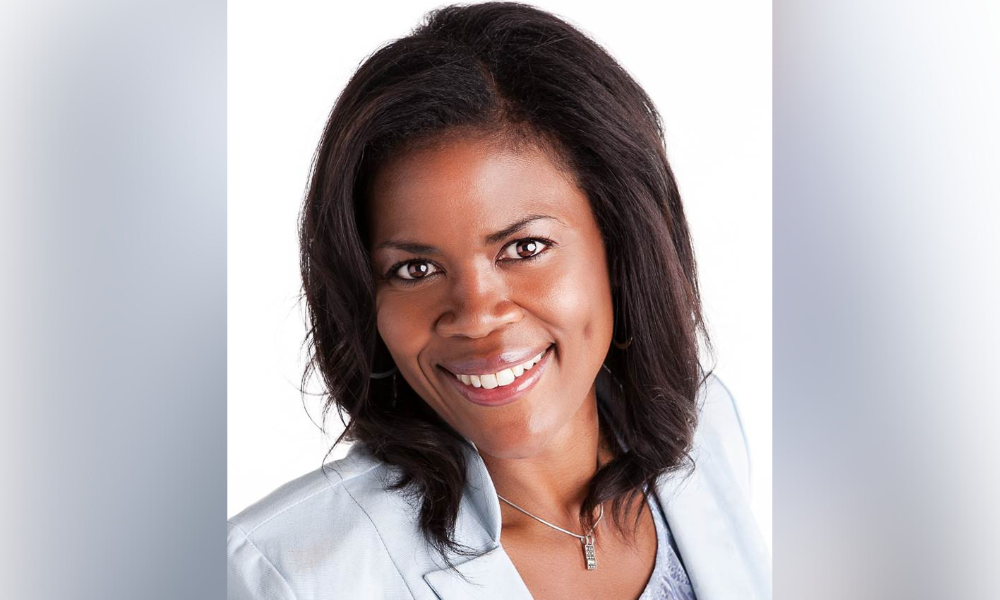Academy is a broker's dream, long in the making

A veteran of the mortgage industry has launched Keystone Academy, a course curriculum intended to train minorities on how to become brokers.
Denver-based broker Janine Kempfer (pictured), president of Prime Mortgage, told Mortgage Professional America that the launch of Keystone Mortgage Academy is the fulfillment of a dream of hers long in the making. “This is an important program that will make a great impact,” she said during an interview. “I’m looking forward to producing highly trained minority loan officers who will be ready to serve their communities with compassion and excellence.”
Kempfer said her own experience guided her in the academy formation: “I’ve been in this industry for 30 years,” she began. “As a black female broker-owner and broker when I first started, it’s easy for me to see all the disparities in the industry and how much harder I had to work for people from a minority background than not.”
Kempfer suggested it was a source of pride for her to get those harder deals ultimately approved, but their existence hints at continued disparity: “It’s always been my passion to work a little bit harder for people who have a harder time getting loan applications,” she said. “In the last 30 years, it hasn’t gotten any easier.”
Course instruction is set
A grand opening for Keystone Mortgage Academy is slated for Sept. 18 at Kempfer’s Denver base, with an initial class comprising 15 students. Classes are slated to take place at George Washington High School, which has donated space, Kempfer said. Kempfer said the academy will eventually extend to other communities in the future.
“We already have 15 students,” she added. “We were very deliberate about our outreach. We wanted to get five recent high school graduates who were not on the path to a four-year program in college,” she said. “We wanted five college graduates who studied finance or real estate, who really wanted to focus on the mortgage industry. And the last segment are career changers – people who are not in this industry and don’t really know how to do it, or have the connections. It didn’t work out exactly like that but we do have people from each of those segments.”
Classes will continue until Dec. 22 and have been scheduled in the evenings to accommodate work schedules, Kempfer said.
Are you trying to figure out how to get into real estate? Here is everything you need to know to start your new career.
Key questions prompted the launch
Inspiration to launch the academy was predicated on a pair of fundamental questions: “What if there were more of me out there?” Kempfer asked. “What if there were more minority loan officers out there going back to their own communities who were highly trained? That’s where the idea for Keystone Mortgage was born. It’s been my dream for many years.”
In addition to comprehensive training, the academy will help graduates secure internships in addition to assisting with job placement. Funding was provided by the Homepoint Foundation. “In the future, I’ll have to raise more funds,” she said. “But we’re off to a good start.”
One component of the instruction will act as something of a primer on past discriminatory tactics – community redlining and the like – toward understanding the need to even the playing field today, she said.
“The academy’s mission goes beyond education,” she said. “It envisions a future where trained loan officers return to their own communities as change-makers. Armed with knowledge and empathy, these professionals will help bridge the gap in homeownership by providing specialized assistance to families in their familiar surroundings, thus creating a direct and lasting impact.”
The curriculum spans pre-licensing education, intensive exam preparation and hands-on training including business development, marketing, technology utilization, and relationship building. “This multifaceted approach ensures graduates are prepared for the dynamic demands of the field,” she said.
Although enrollment is free, Kempfer said she expects students to pay for their license once completing the course instruction. “It’s free except I am collecting for the licensing fee,” she said. “I’m sure I’m under-collecting for this, but I’m just asking each student to come up with $300. For $300, you get the whole thing. I want to get people in the habit of paying for their license. I wanted it to be as realistic as possible. I want to teach the reality of this industry, because it’s hard.”
Want to make your inbox flourish with mortgage-focused news content? Get exclusive interviews, breaking news, industry events in your inbox, and always be the first to know by subscribing to our FREE daily newsletter.



